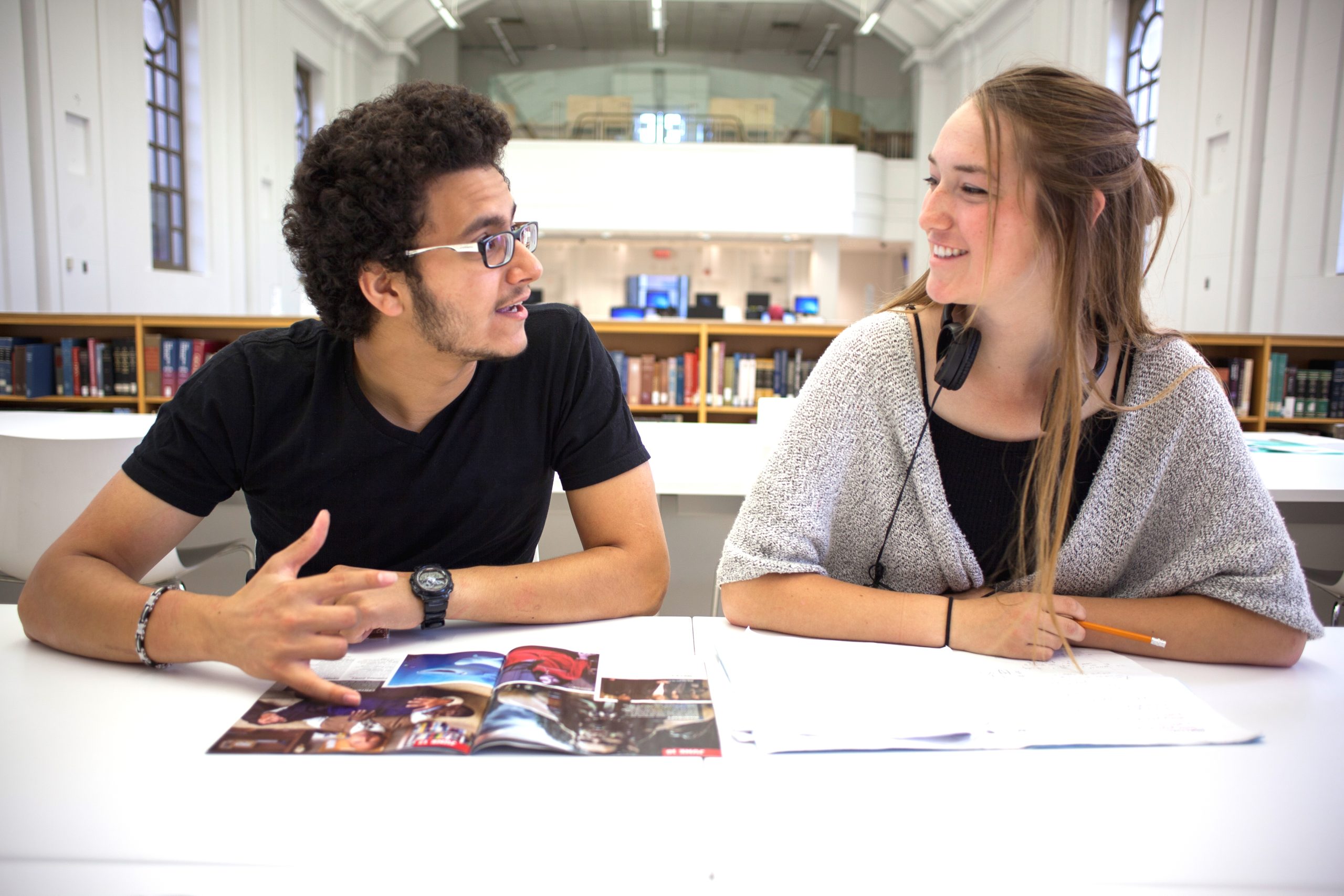Certificates
Unique to Marianopolis and open to students in all programs, certificates allow motivated students to integrate their knowledge and enrich their understanding of a particular theme while completing the requirements for their DEC. While students participate in extracurricular activities and take specific courses to complete their certificate, they are not required to take additional courses.

Environmental Studies Certificate
The Environmental Studies Certificate teaches students to become responsible stewards of the natural world by blending ecological knowledge and community action. Students will be required to:
- successfully complete specific courses focusing on environmental issues, or produce graded work that explores environmental topics within the context of other approved courses
- attend seminars by environmental experts and submit abstracts of these talks
- participate in extracurricular activities and projects that touch upon environmental issues and their possible solutions.
For more information, contact Professors Rachel Faust or Veronica Ponce.
Gender and Sex/uality Studies Certificate
The Gender and Sex/uality Studies Certificate is meant to enrich students' awareness of a range of contemporary concerns, such as sexist discrimination, misogyny, heterosexism, transphobia and gender stereotyping. Students will be required to:
- successfully complete eligible courses which focus exclusively on sex, gender and sexuality issues, or courses from various disciplines which devote at least 15% of their content to such issues
- participate in activities outside the classroom, such as attend film screenings and guest lectures; create an artwork or display; produce a video, web or social media page; write an article for a school publication; partake in a volunteering, internship or mentorship opportunity.
For more information, contact Professors Sarah Brand, Hugh Cawker, Mariah Hamel, Angelique Koumouzelis, Vivian Ralickas or Wendy Richardson.
Indigenous Studies Certificate
The Indigenous Studies Certificate is designed to give students an in-depth understanding of Indigenous perspectives and the opportunity to explore Indigenous issues in multiple disciplines. The focus is on the successes and concerns of the various Canadian communities, as well as their economics, politics, spirituality and cultures. Students will be required to:
- complete academic or scholarly work pertaining to Indigenous topics
- participate in activities outside the classroom, such as workshops, conferences, festivals, film screenings, community outreach opportunities and guest lectures from leaders, scholars and elders.
For more information, contact Professors Annie Khatchadourian, Sophia Koutsoyannis or Rachel Levine.
Law and Social Justice Certificate
The Law and Social Justice Certificate provides students with an opportunity to study the dynamic interactions between the law and political, sociological, historical, economic, religious and other factors in society. Students will be required to:
- successfully complete five eligible courses, four of which come from a minimum of three Social Science disciplines
- write a research paper or complete a project in each of the five courses on a topic pertinent to law and social justice
- participate in student forums on legal issues, seminars and guest lectures, and simulated court cases, or other activities.
For more information, contact Professor Stuart Kruger.
Third World Studies Certificate
The Third World Studies certificate explores the hierarchical systems that contribute to inequality, exploitation and environmental degradation. Students learn about power, hegemony and contemporary realities, with the objective of making contributions as a global citizens to help build a more equal world. Students will be required to:
- successfully complete eligible courses which focus exclusively on Third World, and other courses which devote at least 15% of their content to such issues
- participate in activities outside the classroom, such as attend film screenings and guest lectures; create an artwork or display; produce a video, web or social media page; write an article for a school publication; partake in a volunteering, internship or mentorship opportunity.
For more information, contact Professors Dolores Chew, Philip Dann, or Maurice Dufour.
